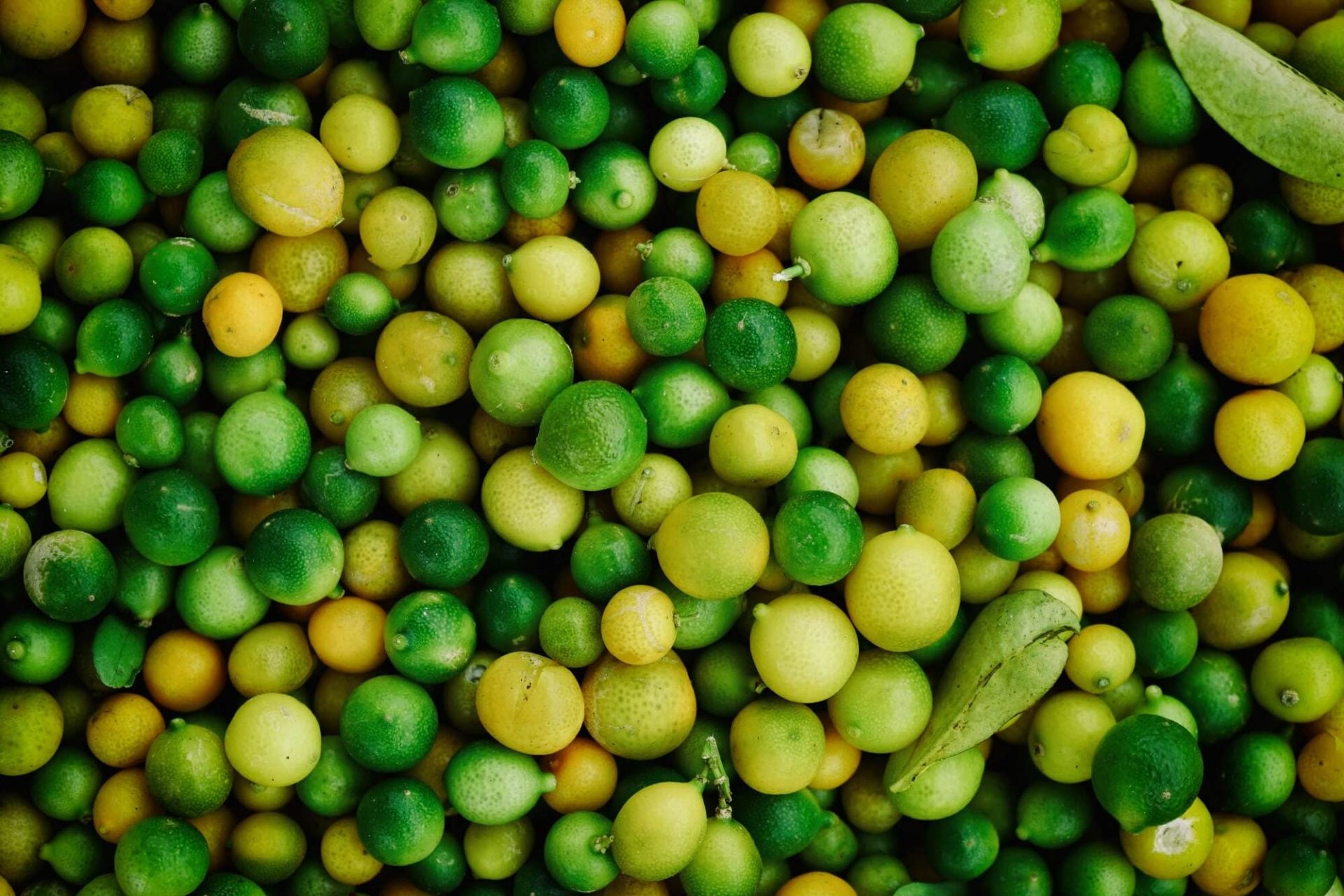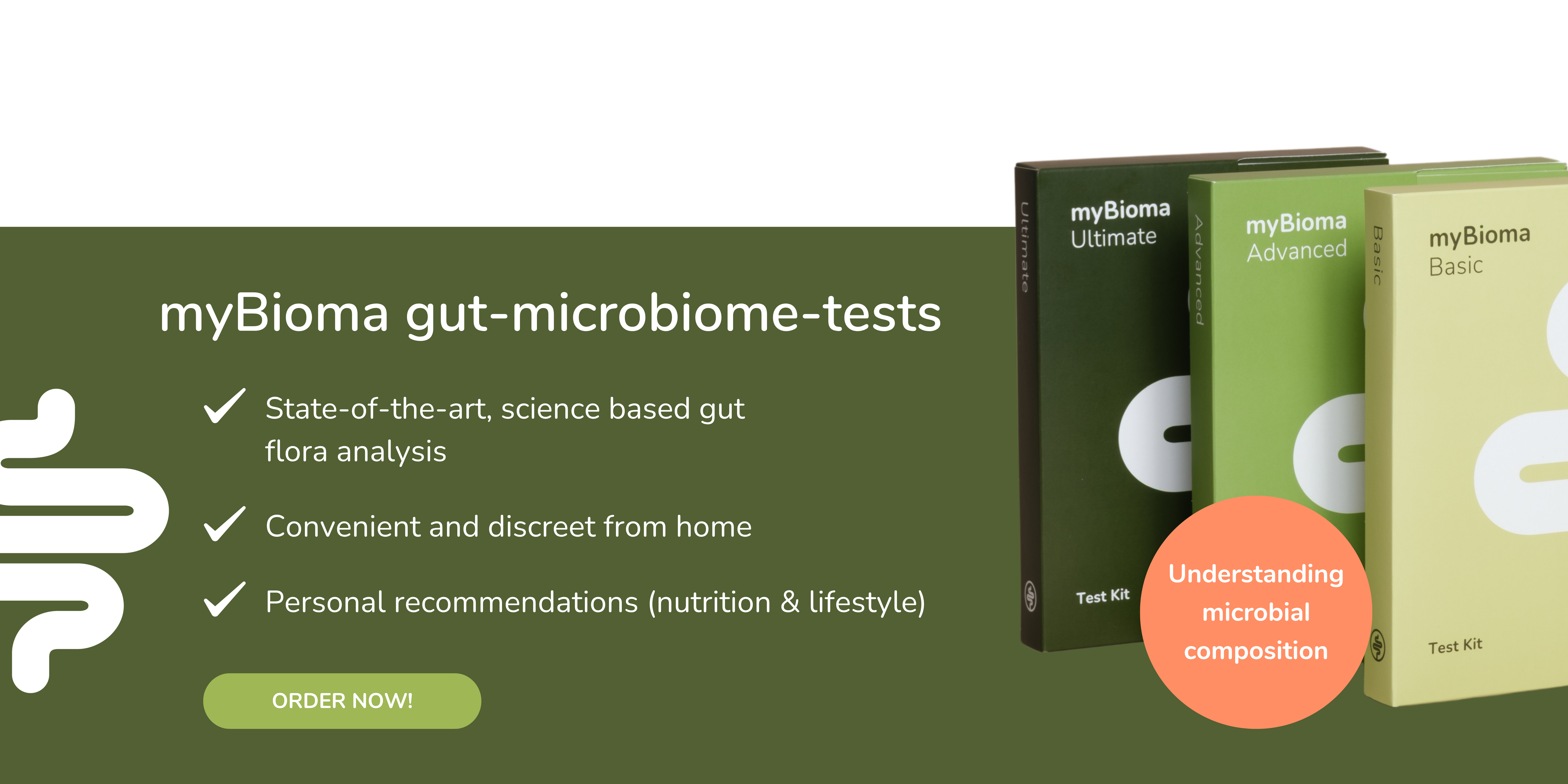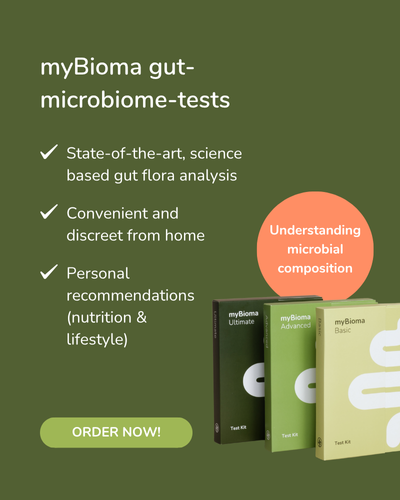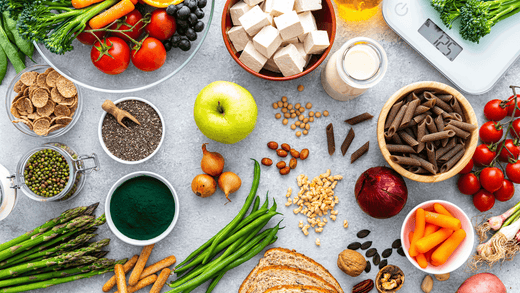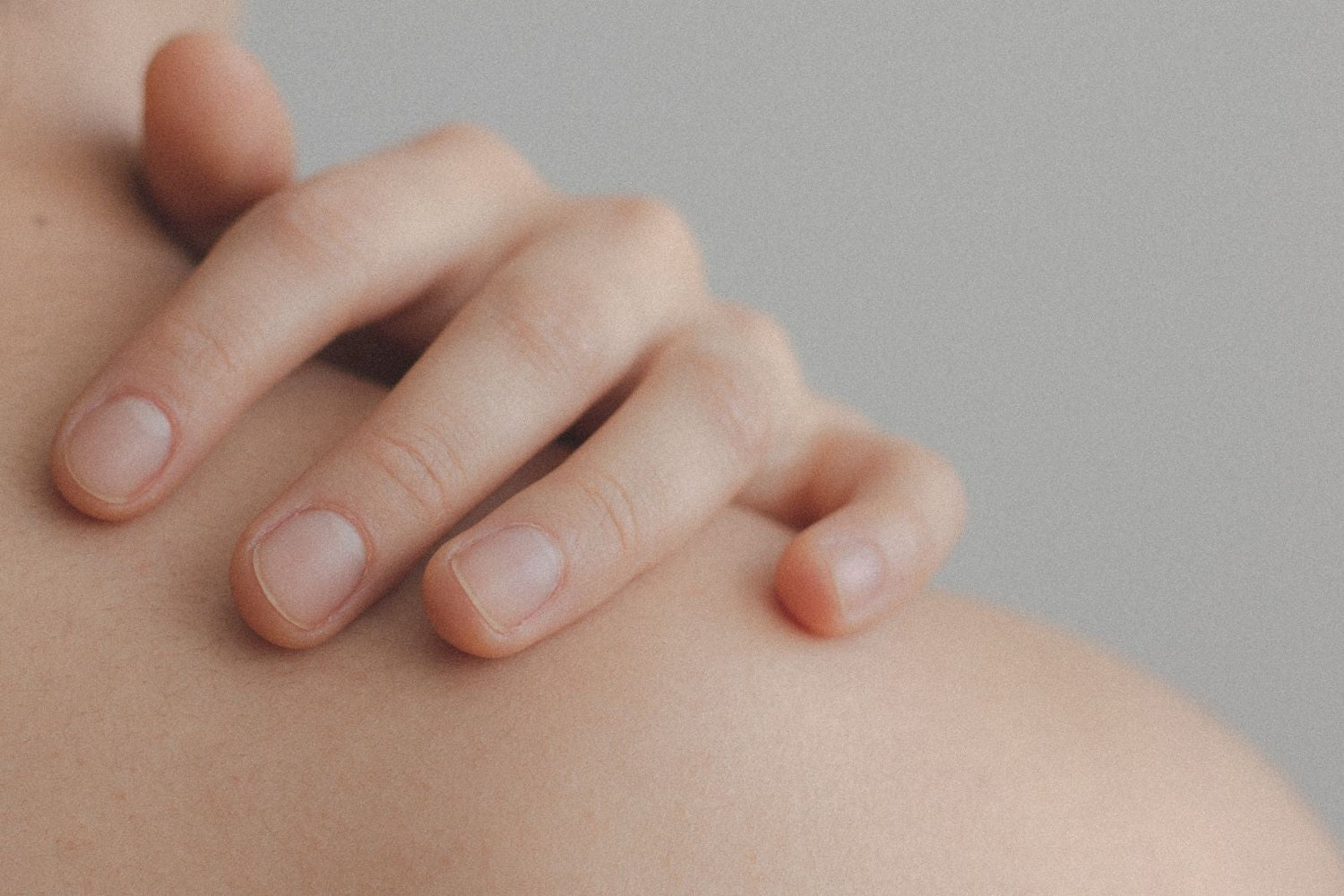Table of contents
- 1. The liver – a superstar
- 2. Mysterious green liquid
- 3. How are the liver and intestines connected?
- 4. How the intestines and liver communicate
- 5. Everything else gets to the liver...
- 6. What the microbiome has to do with it...
- 7. Microbiome & Liver Damage
- 8. How bacteria lead to fatty liver disease
- 9. Consequences for the liver
- 10. What does the liver need?
When we think of our intestinal bacteria, we primarily think of our intestines and our diet . But did you know that your microbiome goes much further and also affects many other areas of the body , such as Psyche , heart and skin ? The focus is particularly on the liver, which has a direct axis is connected to the intestine and the associated bacteria. Exactly that and like yours Today we'll look at the microbiome in 10 steps to keep your liver healthy or make you sick !
1. The liver – a superstar
Did you know that the liver takes on an incredible number of tasks in the body? The breakdown of alcohol is of course well known , but in reality the liver detoxifies us of much more! These include metabolic products and toxins from food and environment and much more. But the liver also provides many vital substances - for example, it produces important proteins that ensure that your blood clots works if you cut your finger. It also produces bile here, an incredibly important liquid for your digestion... (1)
2. Mysterious green liquid
Bile consists of many substances that your intestines absolutely need to process your food . Bile acids are particularly important - they are responsible for the fact that fats and vitamins are dissolved from food and that your intestinal mucosa absorbs them can. Otherwise, your intestines would not be able to absorb valuable substances, leading to deficiencies and unpleasant diarrhea would lead. (1)

Avocados are rich in glutathione and promote liver health.
3. How are the liver and intestines connected?
So your intestines rely on the liver! But the intestines and liver are connected to each other in many other ways . On the one hand, there is a connection via the Bile ducts : The liver produces bile (including bile acid) and sends it via a large bile duct to the gallbladder (for storage) and directly to the small intestine (for immediate use). In addition, the liver and intestines can exchange substances with the entire vascular system via the blood . The so-called hepatic vein plays a special role : the intestine absorbs countless nutrients from food and sends them all to the liver via the hepatic vein . This means that all substances from food reach the liver first! (1)
4. How the intestines and liver communicate
But important messenger substances are also exchanged between the intestine and liver. In this way, the two organs communicate with each other and coordinate their activities . These include the bile acids already mentioned especially interesting. When bile acids bind fats and vitamins in the intestine, most of them ( up to 95%) are absorbed and return to the liver via the blood - from this the liver knows how many new bile acids it needs to produce. At the same time The intestinal cells measure how many bile acids are in the intestine and send messenger substances to the liver , which also regulate production.(1)
5. Everything else gets to the liver...
Not only nutrients reach the liver via these transport systems , but also toxins - such as Alcohol and toxins from food. These are there Toxic substance filtered and broken down as best as possible so that they cannot cause any damage to the rest of the body. Nevertheless, this work puts a strain on the liver and the fewer toxins enter the liver, the healthier it remains. Therefore there is two important factors : On the one hand, you should absorb as few pollutants as possible – so alcohol only in moderation, healthy foods and little processed foods. On the other hand, plays yours Intestinal barrier plays a major role in the absorption of toxins. For example, if there is leaky gut syndrome - the intestinal cells are not connected tightly enough to each other - more harmful substances can reach the liver . (1)
6. What the microbiome has to do with it...
So now we know that the liver and intestines work closely together. But what does your intestinal bacteria have to do with it? If the intestinal barrier is weakened , this is due to many factors. Alcohol, stress , unhealthy eating style and long antibiotic treatment change yours Microbiome , so it promotes inflammation and leaky gut . The intestinal mucosa becomes weak and protective mucus on the intestinal cells disappears. The weakened intestinal mucosa means that even more pollutants and bacterial components can enter the blood and reach the liver reach. That's where they do their damage... (1)

In order for you to stay fit and healthy, your liver must also be healthy!
7. Microbiome & Liver Damage
Once bacteria and their components enter the liver via the hepatic vein When you get there, you get excited about it immune system and trigger inflammation . The liver basically responds to inflammation by remodeling its tissue . In most liver diseases, valuable liver cells that detoxify or produce bile acids die and in their place, functional connective tissue remains . This irreversible process is called liver fibrosis . In the worst case, it can also progress to liver cancer. (2)
8. How bacteria lead to fatty liver disease
In this context, “ non-alcoholic fatty liver disease ” (NAFDL), which is closely linked to obesity and an unhealthy lifestyle, has been relatively well researched . A diet high in unhealthy fats and sugar leads to obesity and at the same time fat is stored from food into the liver . This can progress to liver fibrosis and a permanently restricted function the liver. The microbiome probably also contributes to this fatty liver - for example, people with NAFDL have an overgrowth of bacteria in the small intestine and certain bacteria are present in changed conditions in the intestine. For example, Bacteroides and Ruminococcus increased in NAFDL, while Prevotella are humiliated. These are indications that certain bacteria promote the development of NAFDL . (1, 2)
9. Consequences for the liver
There is also a connection with intestinal bacteria in other liver diseases, such as liver cirrhosis , which occurs due to alcohol addiction . It is currently not clear how the microbiome influences these diseases, but it is clear that the intestine and liver are closely connected and that the bacteria also have a significant influence on liver health. It is also important that the liver can withstand stress for a long time and does not cause any symptoms, but once real damage occurs , it can no longer be reversed. Therefore, we should all pay close attention to our liver and take care of its health. (1, 2)
10. What does the liver need?
About yours There are a lot of things you can do to keep your liver healthy ! The most important are one healthy eating with plenty fruit and vegetables and a responsible use of alcohol . They are particularly valuable nutrients for your liver Antioxidants and glutathione – both can be found, for example, in Avocados . Another valuable tip is a Glass of warm water with fresh lemon juice in the morning . Lemon is rich in vitamin C and supports your liver enzymes. (3)
We hope you have one exciting insight in the Liver-gut-microbiome axis receive! 🙂
 Lemons are high in vitamin C and keep your liver healthy
Lemons are high in vitamin C and keep your liver healthy
References
- Tripathi A, Debelius J, Brenner DA, et al. The gut-liver axis and the intersection with the microbiome. Nat Rev Gastroenterol Hepatol. 2018;15(7):397-411.
- Bashiardes S, Shapiro H, Rozin S, Shibolet O, Elinav E. Non-alcoholic fatty liver and the gut microbiota. Mol Metab. 2016;5(9):782-94.
- Abu-Elsaad NM, et al. Modified citrus pectin stops progression of liver fibrosis by inhibiting galectin-3 and inducing apoptosis of stellate cells. Can J Physiol Pharmacol. 94(5):554-62 (2016).


